China should not become victim of flawed currency system
Updated: 2016-01-19 10:04
By Yeomin Yoon(chinadaily.com.cn)
|
||||||||
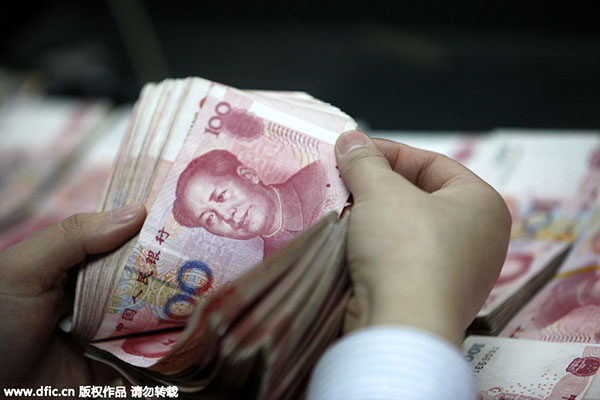 |
|
A Chinese clerk counts yuan banknotes at a bank in Huaibei city, East China's Anhui province, Jan 22, 2015.[Photo/IC] |
The recent turmoil in the currency market involving the renminbi and concurrent volatility in China's stock markets reminds me of the remark that James Tobin, the late Nobel laureate in economics, made right after the Asian financial crisis occurred in 1997: "The Asian economies are victims of a flawed international exchange rate system that, under US leadership, gives the mobility of capital priority over all other considerations."
It is commonly accepted in the West that free capital movement has become one of the axioms of modern global capitalism since the so-called Reagan-Thatcher revolution. As a result, despite the ample evidence of the inherent risks of short-term free capital flows, policymakers of the leading economies have seemed unable to look much beyond the assumption that the ideal world is one of free capital flows.
The late eminent economic historian Charles Kindleberger characterized short-term capital flows as "manias, panics, and crashes"; and history shows that such volatile capital flows were the major culprit in many financial crises. In the current environment characterized by increased globalization of financial markets and free capital flows, such traditional indicators of sound macroeconomic fundamentals as government budget balance, subdued inflation, and high domestic saving rates have become increasingly inadequate to prevent financial crises.
The weight of historical evidence clearly points toward restraint on capital flows, especially for emerging economies such as China which has been built by and for "patient capital". Money that pours into a country can just as easily pour out. Highly volatile short-run capital, often moved by self-fulfilling waves of euphoria or panic, can disrupt economies and cause massive swings in exchange rates.
The Economist has calculated that if only 5 percent of China's population decided to move the current per-person limit of $50,000 per year abroad, China's foreign exchange reserves would evaporate. If this happened, the international value of the renminbi would surely collapse, causing "a gratuitous unnecessary tragedy" not only to China but also to the interdependent global economy.
Some speed bumps, or "sand in the market's gears", should be imposed on short-term capital flows. Emerging economies such as China should maintain capital controls, permitting foreign direct investment while eschewing "hot money". It is an ideological humbug to argue that without free mobility of volatile short-term capital economies cannot function and their growth rates will collapse.
The writer is professor of finance and international business at the Stillman School of Business of Seton Hall University, New Jersey, and visiting professor at the University of International Business and Economics, Beijing.
The opinions expressed here are those of the writer and don't represent views of China Daily website.
- Weaker renminbi is upshot of looser policy, say economists
- Renminbi swings prompt companies to cut dollar debt
- IMF reform 'set to raise renminbi's global profile'
- Rate pessimism could hurt renminbi
- Stability in renminbi expected
- Chinese companies may list renminbi shares on Frankfurt bourse in 2016
- Reserve currency status to open renminbi gates
- A glimpse of Spring Rush: little migrant birds on the way home
- Policy puts focus on genuine artistic students
- Police unravel market where babies are bought, sold as commodities
- More older pregnant women expected
- Netizen backlash 'ugly' Spring Festival Gala mascot
- China builds Mongolian language corpus
- Special envoy to visit Laos and Vietnam
- El Nino expected to wreak havoc in S. America well into 2016
- Police officer rescues frightened sloth at corner of busy highway
- US Secretary of State visits Laos, aiming to boost ties
- 2 Chinese nationals killed, 1 injured in suspected bomb attack in Laos
- New York, Washington clean up after fatal blizzard

 Creation of China Daily's Tibetan-style font
Creation of China Daily's Tibetan-style font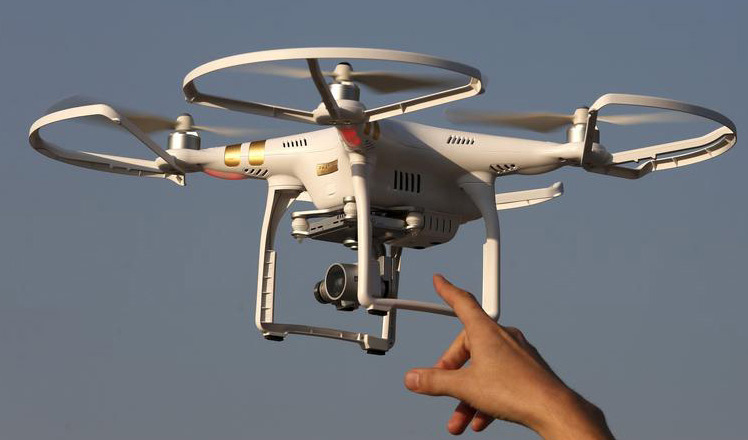
 Drone makers see soaring growth but dark clouds circle industry
Drone makers see soaring growth but dark clouds circle industry China's Zhang reaches Australian Open quarterfinals
China's Zhang reaches Australian Open quarterfinals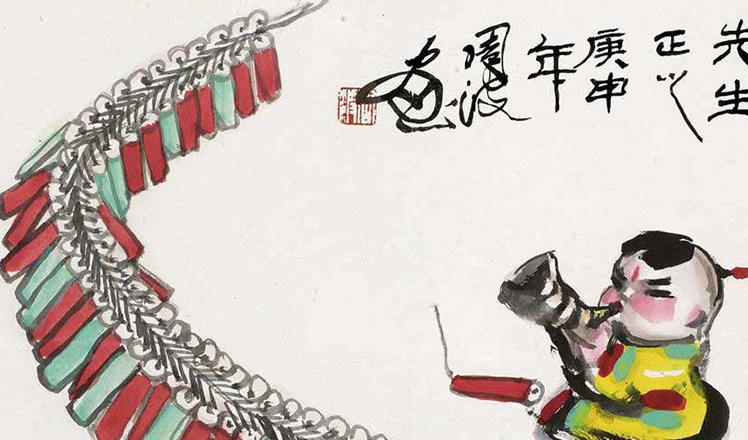
 Spring Festival in the eyes of Chinese painters
Spring Festival in the eyes of Chinese painters
 Cold snap brings joy and beauty to south China
Cold snap brings joy and beauty to south China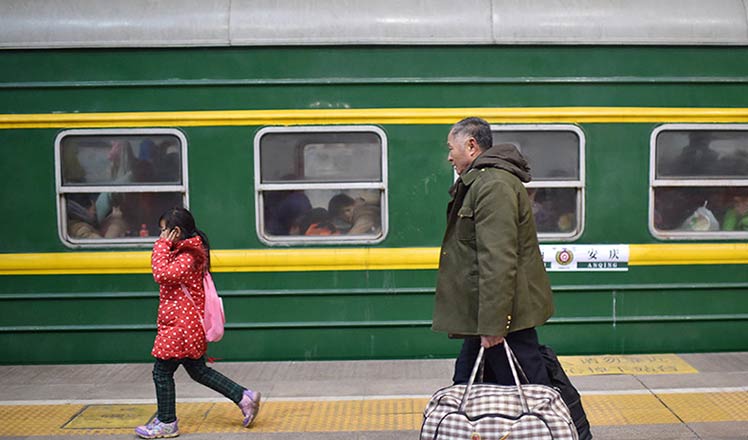
 First trains of Spring Festival travel depart around China
First trains of Spring Festival travel depart around China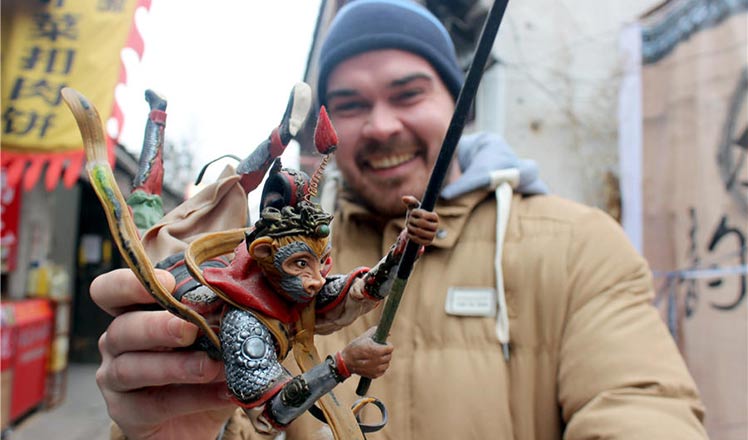
 Dough figurines of Monkey King welcome the New Year
Dough figurines of Monkey King welcome the New Year
 Ning Zetao, Liu Hong named China's athletes of the year
Ning Zetao, Liu Hong named China's athletes of the year
Most Viewed
Editor's Picks

|

|

|

|

|

|
Today's Top News
National Art Museum showing 400 puppets in new exhibition
Finest Chinese porcelains expected to fetch over $28 million
Monkey portraits by Chinese ink painting masters
Beijing's movie fans in for new experience
Obama to deliver final State of the Union speech
Shooting rampage at US social services agency leaves 14 dead
Chinese bargain hunters are changing the retail game
Chinese president arrives in Turkey for G20 summit
US Weekly

|

|








